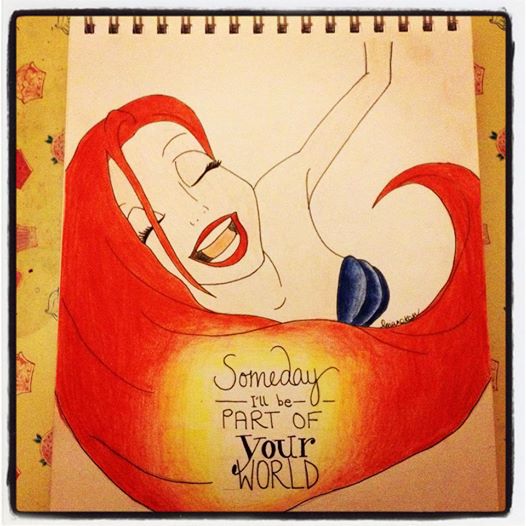I mentioned in my last post about sending away a story to a publisher and completely mucking it up thanks to my limited understanding of how my laptop actually works. I’ve always had Windows, and my move to a Mac hasn’t been a seamless one. Anyway, I was worried, after figuring out how to send my MS away mere minutes after sending a panicked ‘can you please help me,’ email. I had assumed\hoped it was a generic email address that an intern or someone similar would read – basically, I was pinning my hopes on some random IT person, separate from the editing side of things, playing witness to my stupidity. But, alas, not even 12 hours after sending my email the editorial assistant emailed me back.
And she was lovely.
I was momentarily taken aback at why this was so surprising, that she was not only helpful, but also just very nice. I don’t think the mental image I had built up of publishers as being a little bit scary was a conscious one. I studied Creative Writing at uni for five years, and I think this scary image was somewhat drip fed into my brain little by little. We had talks from agents, writers, poets, and publishers themselves. Don’t get me wrong, they were nice. The most prickly characters actually turned out to be the writers themselves. All the words of doom were from the mouths of writers: Don’t set your goals too high, you’ll only be disappointed; Most of you will fail; Self-publishing is something you should seriously consider, it’s the only way you may end up getting something immortalised in print. It was all very grim. Honest, of course, and not anything I hadn’t already realised. I walked into my first Creative Writing class knowing JK Rowling’s story was unique, that I would be lucky to even have someone ask to read my whole MS, never mind actually publish it. My sights were low. But in each talk I could feel my heart sink just a little more as all my fears were encouraged, and any hope shooed out of the way.
This idea of being published felt like an impossibility. And the publishers themselves were the stern faces behind the resounding no I would hear over and over again for the rest of my life. As a writer, you absorb all these stories – as many as you can find if you’re anything like me – about the process of getting published. And the one phrase you’ll hear repeated is: Keep trying.
I remember talking to one of my mum’s friends who used to work in publishing. He said something to me that helped ‘Keep trying’ feel less trite: Getting published is all about luck. Luck on what mood the person is in who is reading your story. Luck if it’s their preferred genre. Luck of timing. So, make a list of your favourite agents/publishers, edit, edit, edit, and send it out. And after you reach the end of your list? Edit, edit, edit again, and go back to the beginning of your list. Time has passed, trends in the market change, and luck may be on your side this time.
I realised recently that I’ve spent a very long time just opening my stories and staring at them. I’ve been scared to send them away. Daunted by the prospect of writing a synopsis (those things are insanely hard by the way – oh yes, I’ll just condense my 90,000 word story into two pages, no bother.) But has anyone else noticed how quickly time goes as an adult? And I’m wasting a lot of mine too frightened to try. A bit silly, really.
